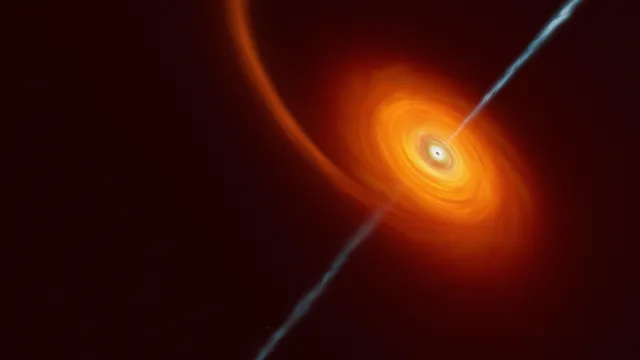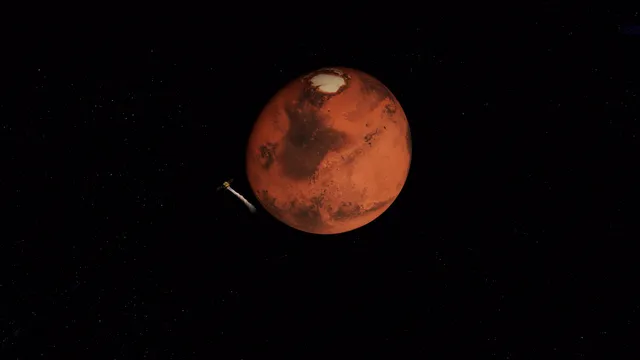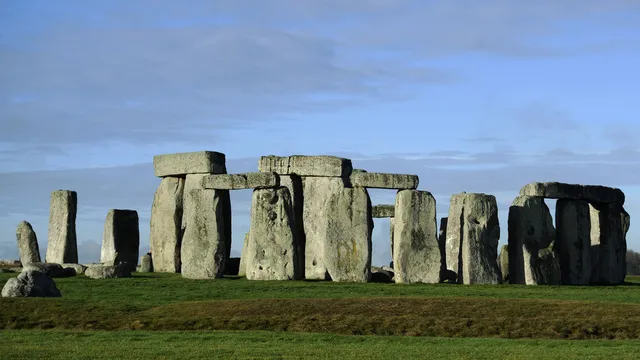American experts have condemned a climate report from the administration of Donald Trump, accusing it of reviving tobacco industry tactics to cast doubt on the scientific consensus, AFP reported.
In a 440-page response, 85 scientists accused the government of relying on a small group of research skeptics who use discredited studies, distort evidence, and bypass peer review to reach predetermined conclusions.
The 150-page Department of Energy (DOE) report, published at the end of July, aimed to support the proposal to repeal the 2009 Endangerment Finding—the legal basis for multiple federal regulations on greenhouse gases.
“This report mocks science,” said climatologist Andrew Dessler of Texas A&M University, co-author of the counter-report. “It relies on long-rejected ideas, supported by distorted scientific data, omission of key facts, anecdotes, and confirmation bias.”
The DOE document claims that extreme weather events related to emissions are not increasing, that U.S. temperatures are not rising, that higher atmospheric carbon levels would benefit agriculture, and that solar activity may explain warming.
The counter-report brings together experts from various disciplines to challenge each claim. “Just as the tobacco industry funded scientists to question the harms of smoking, the fossil fuel industry in the 1990s coordinated a campaign to claim that the sun, not human activity, is driving observed climate change,” said climatologist Ted Amour of Aon Impact Forecasting, adding that he is concerned to see “zombie arguments revived.”
The DOE report argues that the Dust Bowl (1930–1936), one of the hottest periods in U.S. history, disproves human influence on warming. The counter-report notes this is misleading, as poor land management turned the Great Plains into desert-like conditions, amplifying the heat.
Regarding agriculture, the scientists’ report states that while elevated CO₂ may occasionally boost yields in isolation, rising temperatures and changing rainfall patterns will lead to an overall decline.
The DOE report also downplays the risk of ocean acidification, claiming that “ocean life evolved under mildly acidic conditions” billions of years ago. The counter-report notes this is “inappropriate,” as complex life did not exist at that time.
Ecologist Pamela McElwee of Rutgers University criticized the report for ignoring the importance of biodiversity despite its huge social and economic impacts. “Coral reefs in the U.S. alone provide roughly $1.8 billion in annual protection to coasts from storms and flooding,” she noted.
Since returning to office in January, Donald Trump has exceeded his first term in supporting fossil fuels. Republicans passed the “Big Beautiful Bill,” removing tax incentives for clean energy and opening sensitive areas for drilling.
Trump withdrew the U.S. from the Paris Agreement and has pushed to promote his energy agenda abroad—demanding that the EU buy more U.S. liquefied natural gas and pressuring the World Bank to reduce its climate focus. | BGNES

 Breaking news
Breaking news
 Europe
Europe
 Bulgaria
Bulgaria







